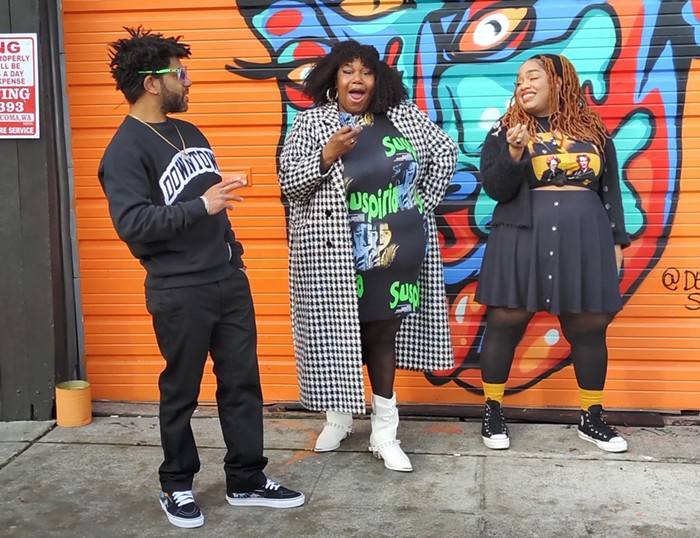
Before Jesce Horton founded the Minority Cannabis Business Association (MCBA) for professionals of color interested in entering the business of weed, Horton spent years of his own navigating marijuana from a generational, entrepreneurial, and, eventually, criminal perspective. Though his father warned against smoking pot—a fear that stemmed from his own felony cannabis conviction—Horton discovered that the plant helped him concentrate better in school and he fell in love with its medicinal properties.
When a marijuana-related misdemeanor cost Horton his college scholarship, though, he felt the effects of criminalization firsthand. Now that weed continues to be legalized across the country, he’s fighting as board chairman alongside the MCBA to help individuals through the costly process of expungement so they can free themselves of the cannabis-related charges that follow them once and for all.
This Saturday, May 20, the MCBA and Marley Natural will host their first expungement event in Seattle and are inviting adults who were convicted of cannabis crimes in Washington to sign up for a two-hour appointment on their website. Last August, the organizations worked together to clear 25 individuals’ records in Oregon. In an interview with Horton last month for the Portland Mercury weed issue feature, Token No More, he recalled that after the event, “People were crying and bawling because they realized now that they'll have a better time getting housing. Now they won't have to deal with this cannabis felony they've had on their record for all of this time that's been holding them back in so many ways. They're also now able to get into the cannabis industry as well.”
While the parameters are still too strict in the state of Florida where Horton was charged to expungement his own record, he explains, “Sensible expungement opportunities are a key part of MCBA's model policy and [are] what we hope to see in all states, especially those who legalize cannabis in any form.”
As for the impact of wiping one’s record clean, Horton says, “Participants are grateful for the chance to have their records cleared. Many have them have had their lives halted because of cannabis related offenses. Expunging the record of someone opens their lives up to opportunities that were taken away. They now have access to better jobs, higher education or even being able to rent a better apartment or house.”
For the MCBA, advocating for people of color in the cannabis industry comes from several perspectives out of necessity. “These events really help us to fulfill one of our main mission objectives of combating the negative effects of the war on drugs which have long impacted targeted communities of color. Creating a better cannabis industry goes beyond cultivation work. Getting the social aspect of the cannabis industry right creates a better, more sustainable industry.”
Rise Up: Washington Expungement Day
Address provided upon confirmed registration
Seattle, WA
11 AM – 3 PM
(Learn more.)















